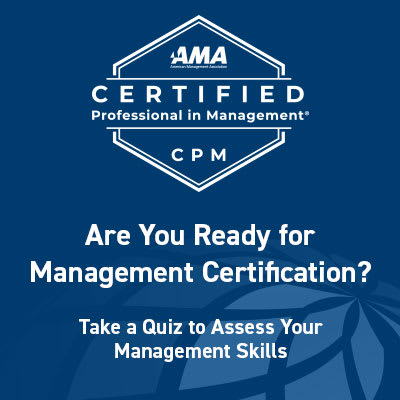Human Resources Auditing
-
From 3,495 USD
-
Dubai
-
Classroom
One-Person HR Department (On-site)
-
Nationwide
-
On-site
Human Resources Professional / Business Partner
-
From 3,995 USD
-
Dubai
-
Classroom
Human Resources Auditing (Corporate Training)
-
United Arab Emirates
-
On-site
Human Resources Professional / Business Partner (Corporate Training)
-
United Arab Emirates
-
On-site
One-Person HR Department
-
Multiple (8)
-
From 149 USD
-
Online
-
Virtual Classroom
Interpersonal Skills for HR Professionals
-
From 3,995 USD
-
Dubai
-
Classroom
Interpersonal Skills for HR Professionals (Corporate Training)
-
United Arab Emirates
-
On-site
The Manager's Impact on Strategy and Execution
-
From 0 USD
-
New York City
-
Classroom
Effective Human Resources Management for Non-HR
-
From 3,995 USD
-
Dubai
-
Classroom
The Essentials of HR Law (On-site)
-
Nationwide
-
On-site
Effective Human Resources Management for Non-HR (Corporate Training)
-
United Arab Emirates
-
On-site
The Essentials of HR Law
-
Multiple (10)
-
From 199 USD
-
Online
-
Virtual Classroom
Human Resources Assessor
-
From 3,995 USD
-
Dubai
-
Classroom
HR Skills for Project Managers
-
From 3,995 USD
-
Dubai
-
Classroom
Human Resources Auditor
-
From 3,995 USD
-
Dubai
-
Classroom
HR Skills for Project Managers (Corporate Training)
-
United Arab Emirates
-
On-site
Human Resources Auditor (Corporate Training)
-
United Arab Emirates
-
On-site
Essential skills for HR Professionals
As the name implies, Human Resources is a department that handles anything related to the people within an organization. This includes recruiting and hiring, the on-boarding process, compensation and benefits, and supporting employees long-term. Wellness initiatives, disciplinary actions, and career development and training programs are all under the jurisdiction of HR.
Clearly, an HR professional must be flexible, innovative, and a multi-tasker. Such a large umbrella of responsibilities requires a diverse skill set. Some of the top skills every HR Manager must have are:
- Communication skills: As a liaison between upper management and all levels of employees, a good HR Manager is an effective communicator. Their communication skills allow them to write concise memos, present new company initiatives, improve the company handbook, and speak with sensitivity to all members of the team.
- Organizational skills: A role that requires the upkeep of employee paperwork—from paystubs to performance appraisals to legal documents—also requires excellent organizational skills. With a multitude of tasks and responsibilities, it’s important to have a standardized system in place.
- Training and developmental skills: HR Managers are also responsible for training and providing development opportunities to all employees, helping them advance in the company through increasing their skill set.
- Budgeting skills: Besides compensation and benefits, HR must also financially account for any company budgeting. This can include conferences, trips, social activities, training programs, etc.
- Conflict management and problem-solving: The classic image of an HR Manager is someone who defuses workplace conflicts and tackles problems as soon as they arise. This requires not only conflict management and problem-solving skills, but also empathy, respect, and understanding when employees feel most vulnerable.
The human resources training courses above cover many of these skills from the perspective of an hr professional.

The Changing Role of HR
While the traditional role of HR is still important, technological innovations have spurred evolution in the profession. Some functions of HR like personnel, administration, and transactional roles are being outsourced, freeing up the HR Manager for more executive decision-making. The new role of HR focuses on adding value to the company through strategic operations and long-term company goals.
Advances in technology have also changed the face of HR. Automation speeds up the hiring process, social media is used for recruitment and branding, and virtual reality is poised to make a big impact on employee training and development. While such technologies are supplementary in nature, human resources training courses help hr professionals stay up to date with the latest developments in the field.
Human Resources Training Courses and Programs
Human Resources is a very popular course category on our site. You may need to narrow the selection above to make it easier to find your perfect HR course.
The filters at the top of the page are a great way of doing this. They will allow you to narrow your search to a particular format (online, classroom, or on-site), location near you, date range, price, and more.
You can also narrow the list by choosing a subcategory like diversity or performance management if one of these is the HR skill you are looking to grow.
If you need more help finding the right human resources training course, you can always get in touch with us for help!





























